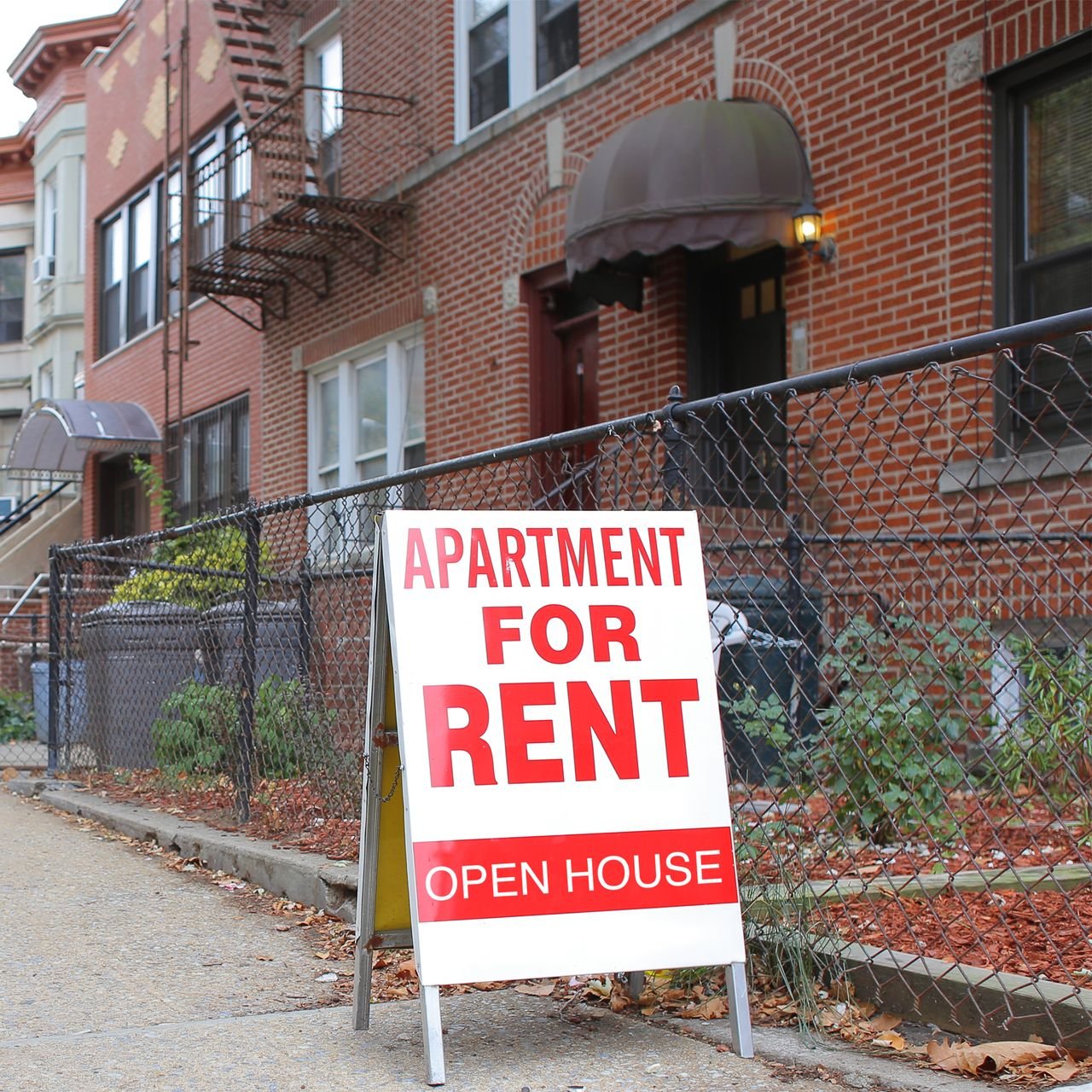Policymakers at the State Legislature passed a promising bill this session that will accelerate the economic engines that fuel inclusive growth and create jobs, while building generational wealth for people in marginalized communities.
Statewide Housing Amendment: An Innovative Solution to Close Racial Homeownership Gaps
By Isaac Russell Director of Policy
Across the country, many states and municipalities are facing critical housing challenges—shortages of affordable housing can lead to crises for low-income renters, which also means that potential first-time homeowners are priced out of the market.
In Minnesota, these pains are felt acutely and disproportionately by Indigenous people and people of color. The Center’s Indicators for an Inclusive Regional Economy show racial homeownership gaps persist, even among households with similar incomes. This suggests that Black, Indigenous, Latine, and Asian families face additional burdens to homeownership beyond earned income. Among families earning between $50,000 to $100,000 annually, only 41% of Black households own their homes compared to 72% of White households. These racial disparities also exist among low-income renters. Low-income Korean American, White, and Black households are hit hardest, with more than 3 in 5 renters in these communities being disproportionately rent-burdened.
Dedicated Affordable Housing Dollars: A Constitutional Approach
To find solutions, policymakers and industry groups are looking for statewide solutions to address these housing crises. One innovative solution to move the needle is a proposal for a constitutional amendment that would dedicate revenue to the construction of affordable housing, rental assistance, and homeownership.
While this solution alone will not solve racial inequities in housing, it does address one of the foundational problems, which is a shortage of affordable housing. If we define affordable housing as 30 percent of area median income, the metro area is short approximately 71,491 units. To build a single unit of affordable housing, including years-long subsidization of the unit, costs approximately $300,000. This comes out to an over $21 billion price tag to build these units. According to the Minnesota Housing Partnership, our state is short approximately 103,600 units with a price tag of $31 billion.
Accessible Homeownership Builds Inclusive Regional Economies
Across Minnesota, this crisis extends to families that wish to purchase a home. It is estimated that 27,000 families can afford homeownership but continue to rent due to the lack of available housing stock within their price range. To facilitate more home ownership among underrepresented communities, we must address stagnant funding to programs designed to help construct new housing. These include programs such as the HOME Investment Partnership Program and the Community Development Block Grant Program, which have helped to compound multi-year housing shortages. The urgency for such investments can be seen in the Metropolitan Council’s projections, which show the region will gain 367,000 new households by 2040. That means we will need nearly 13,000 new housing units of all types. The region has produced less than this number per year for the past decade! An inclusive economy makes the stability and wealth-building benefits of homeownership accessible to all households, regardless of their race or ethnicity.
Systemic Solutions for Systemic Problems
All of this goes to the heart of why the Center supports a constitutional amendment that dedicates three-eighths of a percent sales tax to the building of affordable housing, makes financial resources available for homeownership, and provides support for housing stability. Modeled after our very successful Legacy Amendment, this initiative creates three advisory committees that will provide recommendations for lawmakers when they decide how they will allocate resources.
To make this happen, we need legislation that authorizes a referendum for voters. This referendum will require support from a wide array of stakeholders to let the public know of this initiative and also a show of support from constituents.
We know this one amendment will not solve all our housing challenges, but it is one of the tools in the toolbox that will build the homes Minnesotans need.
Contact your legislator, let them know what you think
Explore the Indicators for an Inclusive Regional Economy
Read Our 2023 Policy Priorities
The Time is Now for Racial Equity Impact Notes in Minnesota
By Betsy Ohrn, Director of Reserch
At the Center for Economic Inclusion (the Center), we are committed to redesigning policies, practices, and structures that have not only extracted wealth from, but have also prohibited the building and passing on of wealth or assets for Black, Indigenous, Latine, and Asian communities. This commitment has led us to become an active leader at the state and local policy level.
As different organizations and individuals propose and champion new bills, it is challenging to assess whether they will have a positive impact on economic inclusion and the lives of people across Minnesota.
In order to better understand these impacts, the Center has developed Racial Equity Impact Notes (REIN). Similar to the fiscal notes that state legislators receive right now prior to voting on new bills (to understand the financial impact of any proposed legislation), these notes assess the potential impact of legislation on racial equity.
What are Racial Equity Impact Notes?
REIN employs a similar model to the fiscal notes—they assess the potential impact of legislation on racial equity. REIN will employ a methodology to evaluate the intended and unintended consequences of policies, investments, and programs.
These notes could have had a great impact on certain rent control policies, for instance. Though well-intentioned, this legislation may have made racial inequities worse in some ways—may have even contributed to housing inequities due to the way income requirements and benefit expansions can lead to benefits cliffs which often leave families worse off. Racial Equity Impact Notes could have helped analyze rent control legislation to ensure that lawmakers find the right solutions to fix imbalances.
REIN In Action
So, what might these Racial Equity Notes look like in action? When assessing the impact of a Child Tax Credit (CTC) on Black, Indigenous, Latine and Asian families, for instance, lawmakers would be able to analyze the bill with a certain mindset specifically on racial equity. Such an analysis would show that a CTC could impact 463,000 children, almost 38% of children in the state. It would cut child poverty in Minnesota by 25 percent and lift 22,500 children out of poverty.i This would have an even larger impact on children that are Burmese, Mexican, Hmong, and African American. (add citations)
Bipartisan National Support
There are several states or localities across the political spectrum that have used some variation of REIN. For instance, Iowa, Colorado, Washington D.C., etc. are currently using impact notes. Iowa measures their criminal justice efforts, D.C. analyzes nearly all proposed legislation, and Colorado examines up to 20 bills per year all using some variation of racial equity impact notes.
After being introduced in the 2021 legislative session but not moving forward, the Center seized the initiative and created an unofficial working group, comprised of representatives from racially diverse communities and the Legislative Budget Office. This group reviewed national research on impact notes and tested methodology in two case studies to produce data for impact notes. Through their work, REIN was re-introduced 2023 with a focus on economic and workforce development.
Economic inclusion and prosperity require investing in Black, Indigenous, Latine and Asian owned businesses and workers, making this initial focus for REIN critical to Minnesota's economic growth and prosperity.
Help make this legislation a reality!
Find and call your legislators. To make racial equity a systemic part of policymaking, we need Racial Equity Impact Notes. Let them know you support HF 2821 that enhances economic inclusion and racial equity in Minnesota!
Download the Center’s 2023 Policy Agenda
Read the 2023 Racial Equity Impact Notes Proposal





